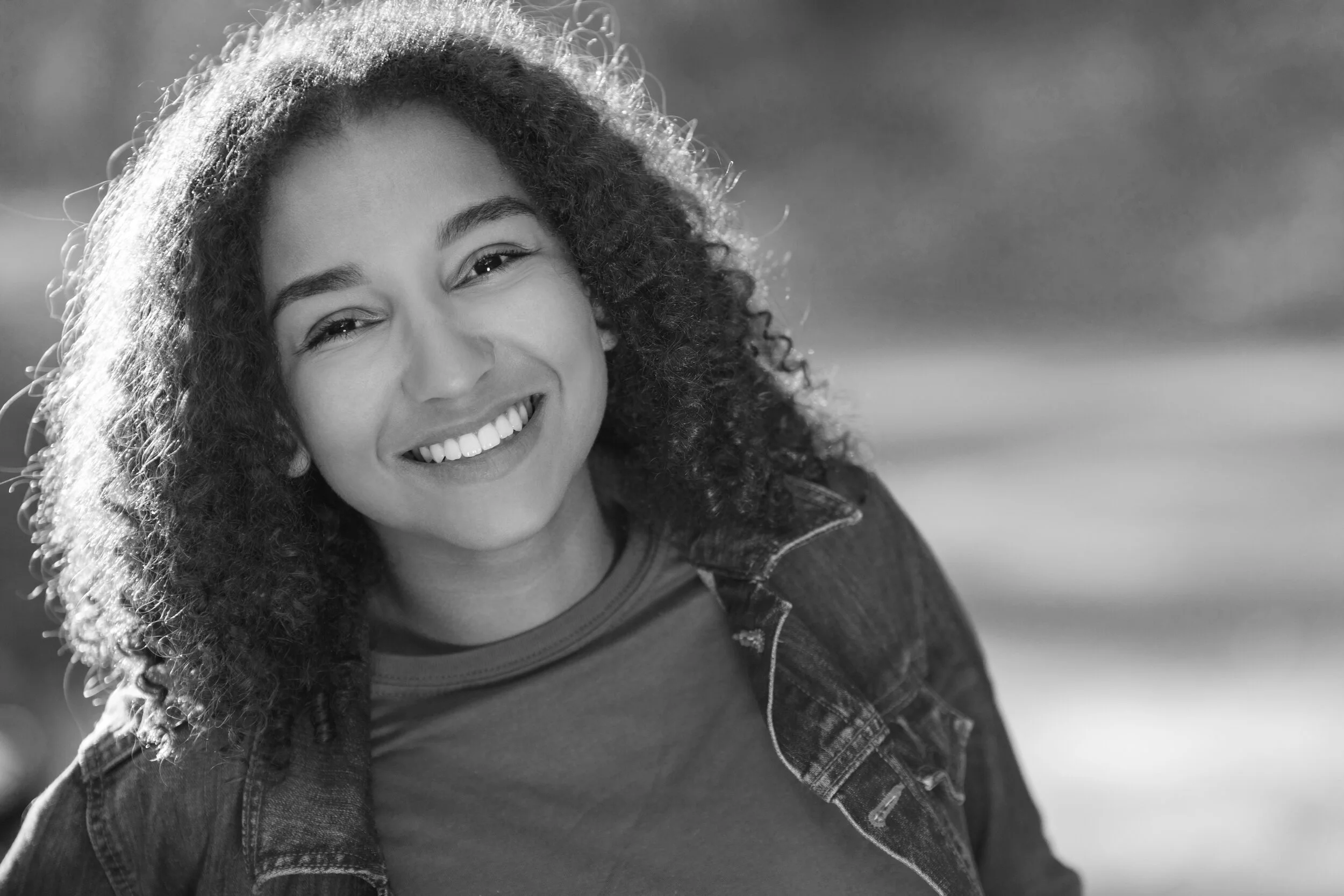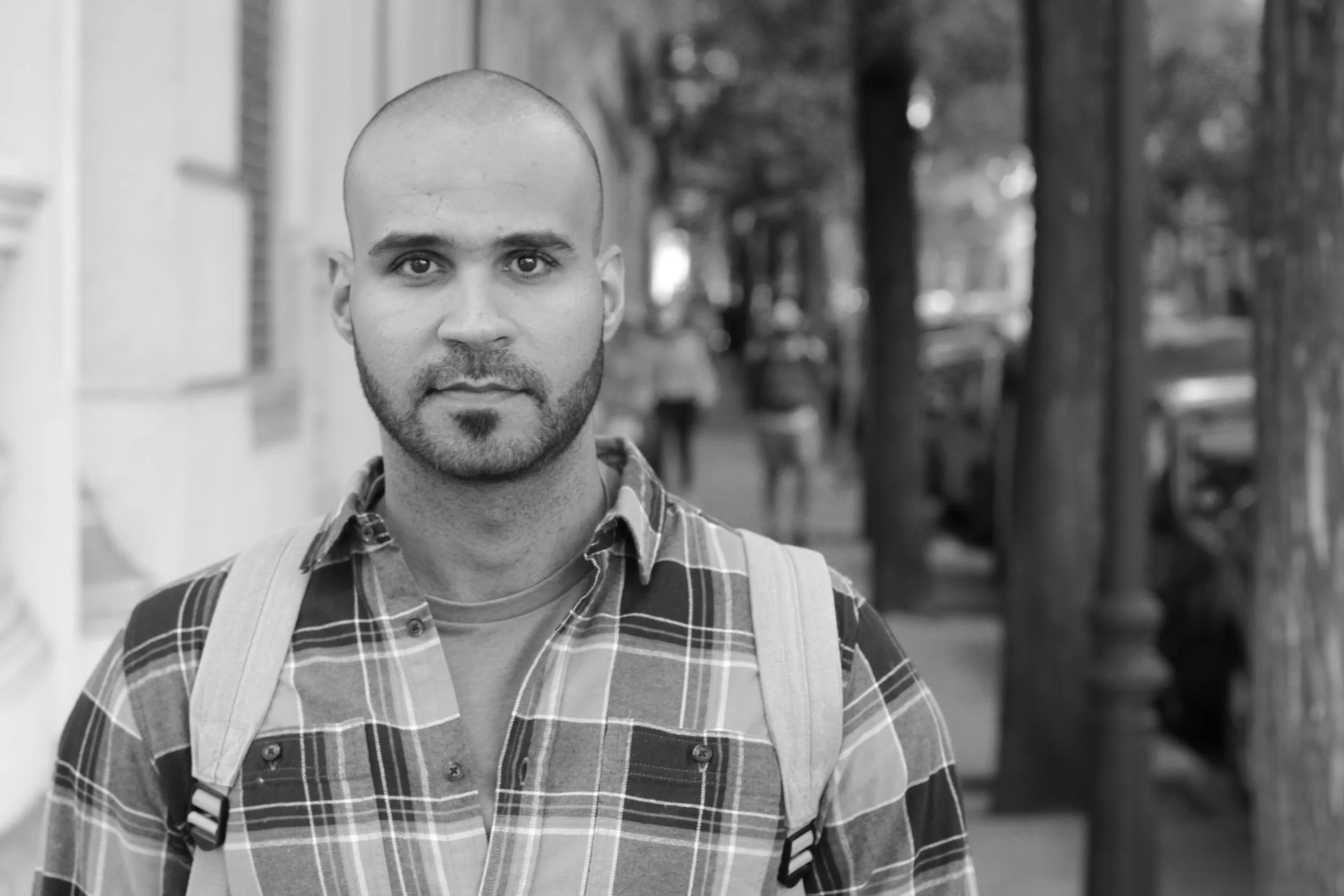Couples Therapy
Have you and your partner not been able to stop arguing lately? Do your conversations frequently result in criticism, defensiveness, or personal attacks? Maybe you’ve been feeling more like roommates than romantic partners. Or an affair or some other breach of trust has caused a rift between you. Perhaps you can’t seem to reach a compromise on issues like parenting, how to manage your money, and other responsibilities. Or you may not even be able to pinpoint a specific event that’s pushing you further apart; you just know that your relationship has been floundering, and you don’t know how to fix it.
Maybe you’ve tried working out your problems, only to have the same unproductive conversation over and over again. You may even avoid certain topics altogether, knowing that they will only result in yet another fight. Consequently, the intimacy in your relationship has decreased, if not disappeared altogether. If you’re not arguing, then it seems that you struggle to communicate, period. You may even be feeling hopeless, wondering if there is a way forward out of this relationship rut.
Do you want to learn research-driven skills and tools to better communicate with your partner? Are you ready to work with someone who can show you how to restore the romance and connection you used to have?
Relationship Ruts Are Common In Partnerships
All relationships flow through the natural phases of harmony, disharmony, and repair. Disharmony is inevitable, which means that repair is essential. In fact, repair is more consequential than periods of harmony because of its capacity to help build a stronger sense of trust. Embracing this dynamic process encourages individuals to see conflict not as a threat, but as a vital opportunity for strengthening their relationships.
Oftentimes, however, conflict in relationships becomes a source of stagnation instead of growth. Even the most well-meaning partners get stuck in relationship ruts of defensiveness, blaming, and resentment. What’s more, many people don’t realize that they need to change in order for things to get better; it’s all too easy to pin the blame on the other person.
Relationships Today Face More Unrealistic Expectations Than Ever Before
The roles of men and women have dramatically shifted over time, and so have our expectations about relationships. We have never wanted more from each other—more passion, more support, and more connection. These sky-high expectations often lead relationships to flounder as soon as disappointment arises.
The truth is, no matter how much pressure is put on relationships today, our desires and expectations have not been matched by a corresponding set of skills. For most of us, what we learned growing up is simply not effective enough to deliver all that we hope for. To some extent, we need to be actively taught how to have a satisfying intimate relationship. No one is born knowing all the answers to relationship challenges. It takes courage to acknowledge when more support is needed.
Relationship Empowerment In Couples Therapy
Couples therapy that focuses on relational empowerment helps couples focus on mutual empowerment rather than individual control. By embracing relational mindfulness, couples cultivate conscious awareness in their interactions, promoting empathetic and authentic communication. This approach enables partners to move beyond reactive behaviors and connect deeply on an emotional level. Both partners are encouraged to bring their full selves into the relationship with love and respect. As a result, partners learn to experience intimacy as an act of sharing and caring where the idea that both partners have each other’s best interests at heart is reinforced.
Healing Relationships Swiftly And Permanently
Traditional couples therapy often focuses on nurturing a relationship, but this alone is not sufficient for permanent change. I use an approach called Relational Life Therapy (RLT), which goes much further than traditional therapy by equipping individuals with lifelong skills that foster lasting change. I am convinced that this is the most effective and potentially life-changing form of couples therapy out there.
RLT relies on a powerful combination of techniques to uncover the root causes of negative behaviors, understand their origins, and teach couples how to transform them. Supported by the concept of neuroplasticity, which demonstrates that character is changeable, this approach enables partners to reshape their interactions and cultivate meaningful, balanced, and fulfilling relational lives.
You and your partner may be feeling stuck right now, but this is not the end. Even profound disconnection and disrepair don’t need to signal the end of a relationship. For many couples, the crisis of bringing their relationship to the brink can actually help them clarify their priorities and get in touch with their wants and needs.
You May Have Some Questions About Marriage And Couples Therapy…
How long are your couple’s sessions and what is the duration of therapy?
I generally see couples for 90 minutes every other week. As long as you and your partner are committed to the work of healing your relationship, you don’t have to remain in therapy long-term. In fact, many of the couples I work with are surprised at how quickly therapy progresses. Once you have both made significant headway, you are welcome to discontinue therapy or space out sessions to your discretion.
What if you take my partner’s side?
Unlike neutral therapists, RLT practitioners often side with the disempowered partner to restore balance in the relationship. RLT seeks to create an environment of radical honesty where relationship problems are faced efficiently and sensitively. It uses humor, inner child work, and empathetic joining to endow discouraged partners with hope. This way, the experience of shared vulnerability can lead to healing.
Traditional therapy hasn’t worked for us. How is your approach different?
Many people find traditional therapy sessions repetitive and only able to deliver minimal progress. Oftentimes, these sessions simply fail to address the “how-to’s” of relational repair. My approach is more directive and focuses on building effective skills to repair damaged connections, which sets it apart from other therapeutic methods.
Repair Your Connection And Rekindle Your Spark
I want to help you be the best partner you can be, and couples therapy is a chance to accomplish that. We will discuss difficult topics, ask tough questions, and uncover new possibilities in your relationship. If you're ready to get some real work done, call me at 805-453-2729 for a free 15-minute phone consultation.
"Ashleigh and I worked together for almost a decade in a residential treatment setting. During that time, I experienced Ashleigh as having an incredible gift for understanding and relating to emotional pain. She stays present in difficult conversations and is able to make others feel important and heard. Ashleigh’s style is both clear and compassionate, and she facilitates transformation by teaching people to access and trust their own inner resources." ~ Mart, CADC II-CA











